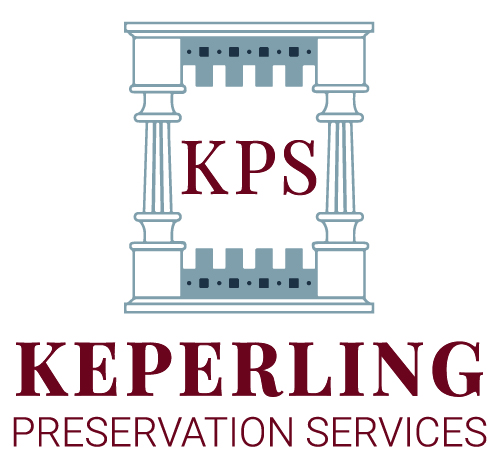Podcast: Play in new window | Download
Dr. Lori joined the Practical Preservation podcast to discuss her passion for helping people discover the treasures within their families. Jonathan and I meet her at a LNP (the Lancaster Newspaper) antique appraisal (you can watch that video here). When I reached out to Dr. Lori about an interview on the podcast she was so enthusiastic – I can tell she really loves to educate people about antiques and how to care for them.
Contact:
Website: https://www.drloriv.com/
You Tube Channel: https://www.youtube.com/user/DrLoriV
Bio:
Dr. Lori is the star antiques appraiser on the History channel’s #1 rated TV show The Curse of Oak Island, Discovery channel’s Auction Kings and appears on FOX Business Network’s Strange Inheritance.
Dr. Lori has shared her expertise with Business Insider, NBC TV’s TODAY show, Anderson LIVE, Comedy Central’s The Daily Show with Jon Stewart, NBC TV’s The Tonight Show, Inside Edition, and Lifetime Television. Dr. Lori is an award-winning TV personality and TV talk show host with the Ph.D. in art history.
Ph.D. antiques appraiser, Dr. Lori Verderame is an internationally syndicated columnist and an author with 30 books to her credit. She has contributed a blog to Lifetime Television and has been an editor of several lifestyle magazines. Dr. Lori is the director of www.DrLoriV.com.
Presenting more than 150 events every year, conducting in-home appraisal visits and appraisals online, Dr. Lori reviews approximately 20,000 items a year.
Offer:
